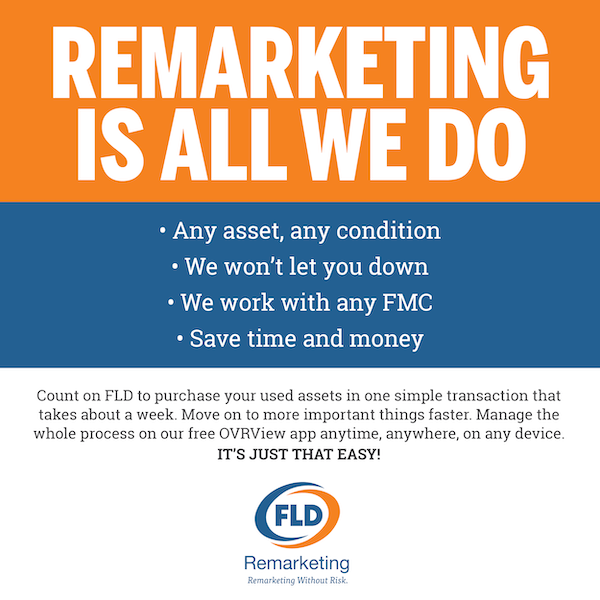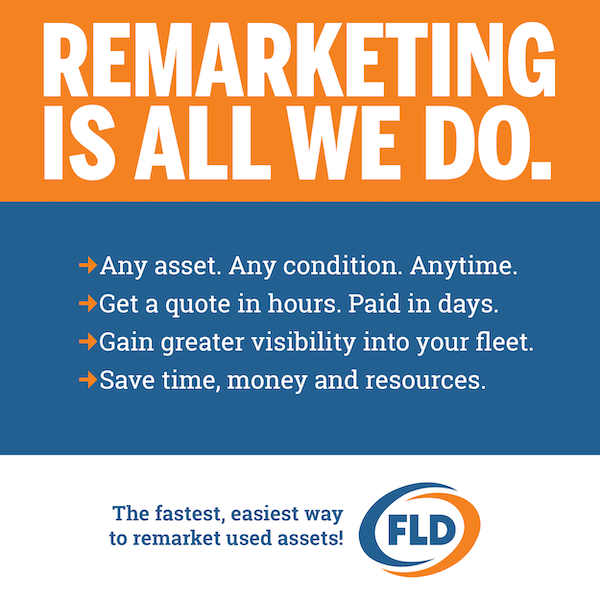
By Mike Cieri, MSIR, Vice President of Mardac Consultants
Rewards and recognition do not have to be huge pots of money, lavish trips, or even impressive/expensive gifts. Often the simplest, easiest, and least expensive options for recognizing an employee works the best to make them feel valued.
Today, rewards and recognition have become more important than ever for several reasons;
• Employees are asked to do more and more tasks, and work more autonomously. Behaviors that are acknowledged and reinforced tend to repeat themselves.
• Managers increasingly must serve as coaches, influencing behaviors rather than demanding behaviors.
• Changing demographics of the workforce. The incoming workforce tends to have different values and expectations.
Although money is important, research continually shows that what motivates most to perform at high levels is the personal kind of recognition that signifies true appreciation for a job well done.
Most reward/recognition programs fall into two categories, formal and informal with the sub groups of tangible and intangible.
Formal programs — Employee of the month, celebration for meeting division goals, etc., that generally have some type of tangible reward.
Informal – Immediate, spontaneous recognition, interpersonal, etc., that may or may not have a tangible reward.
Regardless of cost, scope, or complexity of effective reward and recognition, the guidelines are simple (Bob Nelson, PhD):
1. Know the individual and match personal preferences.
2. Match the reward to the achievement. Someone who completes a complex project should be rewarded in a more substantial way than someone that does a favor for you.
3. When you see it, say it and be specific. Recognition that comes weeks later does little to motivate employees to repeat the behavior. Always say why the reward is being given and the effect it has on the organization, customer, etc.
Aligning your Reward and Recognition program with the company’s values, business strategies and goals will help direct the behaviors needed for success.
About the author:
Mike Cieri, MSIR, is Vice President of Mardac Consultants and been in the Human Resource Management field for over 20 years. During this time he has held a variety of management positions, including several years on the executive management team of a large corporation as Vice President of Human Resources and Safety, as well as Vice President of Operations.




